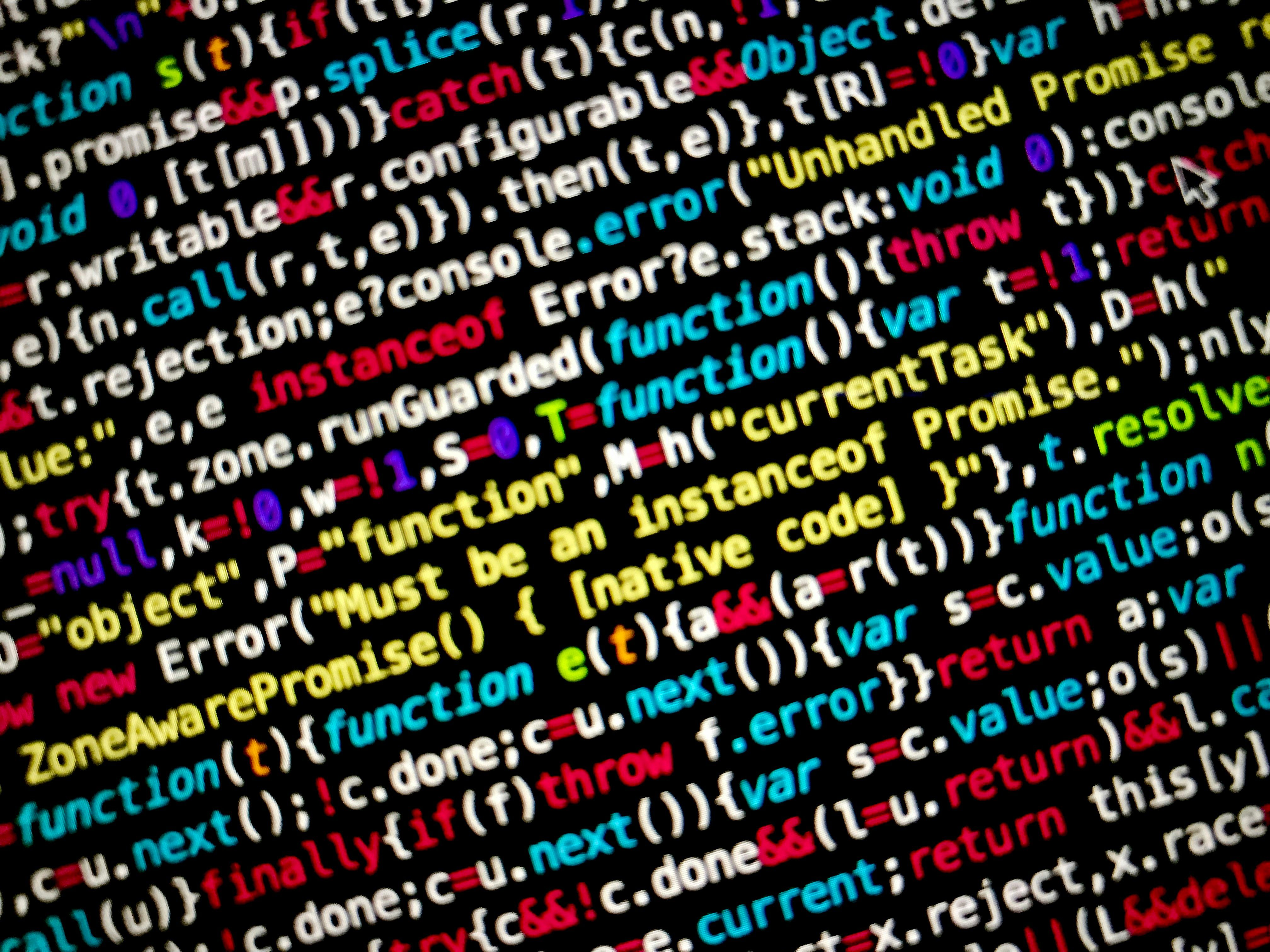Digital Currencies Jeopardize National Security: Indian Skepticism Intensifies
Unchecked Cryptocurrency Activities Pose Threat to India's Economy, Supreme Court Warns
In a recent hearing, the Supreme Court of India has raised concern over the lack of regulation surrounding the use of cryptocurrencies, such as Bitcoin. Justice Surya Kant expressed worries that these digital currencies are fostering an unstable "parallel economy," potentially jeopardizing the nation's financial stability.
The bench questioned the administration's actions, stating, "imposing a 30% tax on crypto transactions without a regulatory framework is illogical."
The court's concerns revolve around the discrepancy between taxing unregulated assets and providing no regulatory framework to oversee their activities. This ambiguity enables fraudsters to exploit the system as it lacks clear accountability and oversight.
The Additional Solicitor General Aishwarya Bhatti reported that policymakers would be contacted for further guidance, indicating a possible review of the current situation.
The Burden of Cryptocurrency Taxation
India ranks among countries with the heaviest tax burden on cryptocurrency investors. Their taxes are as follows:
- A flat 30% tax on capital gains from crypto trades
- 1% Tax Deducted at Source (TDS) on every transaction
- No offset for crypto-related losses
Despite this heavy taxation, cryptocurrencies remain unrecognized as assets or currency, creating a gray area. This lack of legal recognition enables illicit activities and leaves legitimate users in uncertainty.
The court emphasized that taxed digital assets should also be subject to oversight and regulation for fair and transparent operations.
Sharp Increase in Digital Asset Fraud and Legal Vacuum
The recent comments from the Supreme Court stemmed from a bail plea involving Shailesh Bhatt, a Gujarat resident accused of running one of the region's largest Bitcoin fraud schemes. This case exemplifies a wider trend: digital asset frauds are rising, creating a legal vacuum that leaves victims and law enforcement struggling to respond effectively.
Justice N Kotiswar Singh compared unregulated crypto activities to the informal and illegal hawala money transfer system, declaring, "This looks suspiciously like hawala trading - a hidden, unregulated economy."
Although India's Financial Intelligence Unit (FIU) has mandated cryptocurrency exchanges to comply with the Prevention of Money Laundering Act, the absence of a complete regulatory framework has led to fragmented enforcement.
Global Cryptocurrency Regulation Advancements
other countries are taking proactive steps in regulating digital currencies.
- The European Union has approved the MiCA (Markets in Crypto-Assets) law, which imposes stringent regulations on crypto platforms.
- The United States is currently working on enacting laws, both through the Securities and Exchange Commission (SEC) enforcement and congressional bills.
In contrast, India still lacks a central cryptocurrency bill. A draft legislation has existed since 2021 but has yet to be presented to Parliament. The government's initial promise to release a policy discussion paper in 2023 went unfulfilled.
Delaying comprehensive cryptocurrency regulation may leave India vulnerable to systemic risks, especially with the increasing volume of crypto activity shifting towards peer-to-peer and offshore platforms.
RBI Promotes Digital Rupee While Opposing Private Cryptocurrencies
The Reserve Bank of India (RBI) remains skeptical of private cryptocurrencies, continually warning the public of their risks and instability. However, the central bank is advocating for the Digital Rupee, a Central Bank Digital Currency (CBDC), as a secure and government-backed alternative. Although pilot programs have been initiated, widespread adoption remains minimal.
Despite its opposition towards private cryptocurrencies, analysts argue that resisting them completely is no longer a viable option. Justice Surya Kant acknowledged the widespread use of crypto assets, noting, "People worldwide use Bitcoin – even purchasing cars in Europe with one coin." India, he implied, cannot afford to lag behind.
- The Supreme Court's concerns regarding cryptocurrencies, such as Bitcoin, extend beyond taxation, with worries about fostering an unstable "parallel economy" that might jeopardize India's financial stability.
- In terms of cryptocurrency taxation, India has a heavy burden, imposing a 30% tax on capital gains from crypto trades, a 1% Tax Deducted at Source (TDS) on every transaction, and not allowingoffset for crypto-related losses.
- Comparing unregulated cryptocurrency activities to the illegal hawala money transfer system, Justice N Kotiswar Singh highlighted the need for oversight and regulation to prevent digital asset frauds from rising and leaving victims and law enforcement struggling to respond effectively.
- While other countries are taking proactive steps in regulating digital currencies, India still lacks a central cryptocurrency bill, with a 2021 draft legislation yet to be presented to Parliament, leaving the country vulnerable to systemic risks.
- Despite the Reserve Bank of India's opposition to private cryptocurrencies, the central bank is advocating for the Digital Rupee, a Central Bank Digital Currency (CBDC), and has initiated pilot programs, suggesting that resisting private cryptocurrencies completely might no longer be a viable option for India.




